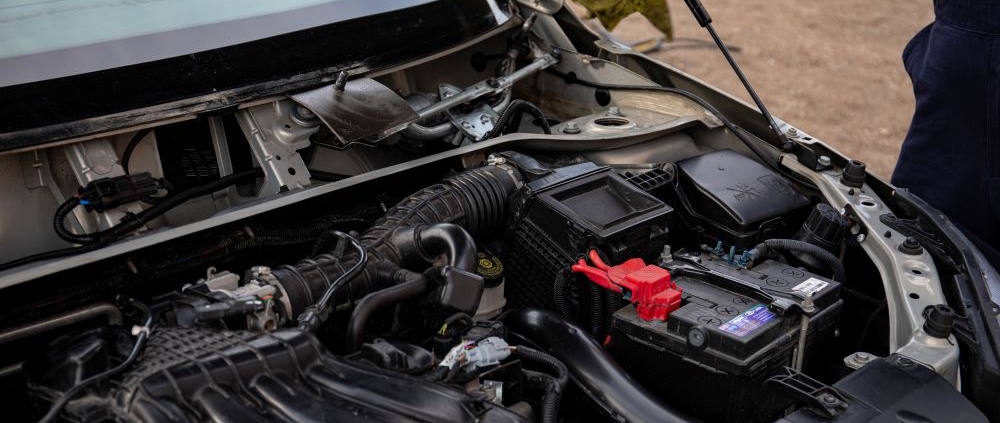Researchers at Chalmers University of Technology in Sweden say that if an electric car charges while driving, the size of the battery can be reduced by up to 70 per cent.
Aim Of The Study?
The aim of the Chalmers University study was to discover what potential benefits there might be with a so-called electric road system (ERS) where cars charge while driving.
What Is An ERS?
An electric road system (ERS) is a transportation infrastructure that allows electric vehicles (EVs) to charge their batteries while driving on the road. The technology works by installing conductive materials (such as overhead cables or conductive strips) on the road surface that are connected to an electricity grid. These materials can transfer power to electric vehicles fitted with special equipment, such as a pantograph, which collects the energy and charges the vehicle’s battery.
ERS technology has the potential to significantly reduce the need for large batteries and charging infrastructure, making EVs more practical for long-distance travel. The system can also help to reduce carbon emissions from transportation by promoting the use of electric vehicles. Several countries, including Sweden and Germany, have already begun testing ERS technology on highways and major roads.
The Data
For the study, the researchers combined the so-called electric road system with real-life driving patterns of Swedish drivers and used data from over 400 passenger cars to study real driving patterns on different parts of Swedish national and European roads.
The data was used to calculate (among other things) the battery size needed to complete all journeys given possible charging options, i.e. stationary versus electric road system (ERS), charging patterns, and total costs including infrastructure and batteries.
The Optimal Situation
The researchers concluded that a combination of electric roads on 25 per cent of the busiest national and European roads, plus home charging would be the optimal level that would enable batteries to become significantly smaller, at best only one-third of the current size.
What Would This Mean For Motorists?
As pointed out by Sten Karlsson, one of the researchers behind the study, “We see that it is possible to reduce the required range of batteries by more than two thirds if you combine charging in this way. This would reduce the need for raw materials for batteries, and an electric car could also become cheaper for the consumer.” The researchers found that the net savings for the car owner from smaller batteries would exceed the cost of the electric road system (ERS).
Also, peaks in electricity consumption could be reduced if car drivers didn’t entirely rely on home charging, i.e. charging more evenly throughout the day would mean that peak load would be significantly reduced.
It Depends Where You Live
Researchers also discovered, however, that there are major differences between groups, depending on driving patterns and proximity to electric roads. Even in the optimal case, some would manage with only electric road charging, while others, such as those who live in sparsely populated areas would not be able to use the opportunity at all. For example, researcher Wasim Shoman said: “those who live in the countryside would need almost 20 per cent greater range on their batteries compared to those who live in a city centre”.
What Does This Mean For Your Organisation?
Although there have been some trials, there is no operational electric road system (ERS) in the UK as yet, there were only 38982 public electric vehicle charging points across the UK by the end of February (Zap Map), and most homes don’t have their own electric vehicle charging points. This means that although the research shows that a combination of home charging and ERS could bring down the battery size and make electric cars cheaper to buy and put less of a strain on the grid at certain times, this situation is still some way off. The more electric cars and the closer the UK can move toward a functional ERS, the more chance it has of decarbonising transportation which would benefit everyone and help the UK meet its green targets.
If you would like to discuss your technology requirements please:
- Email: hello@gmal.co.uk
- Visit our contact us page
- Or call 020 8778 7759
Back to Tech News



